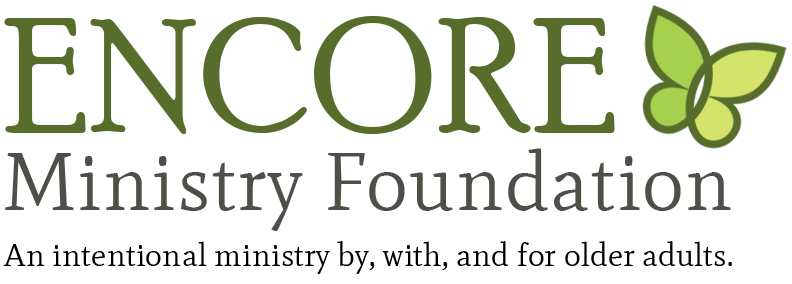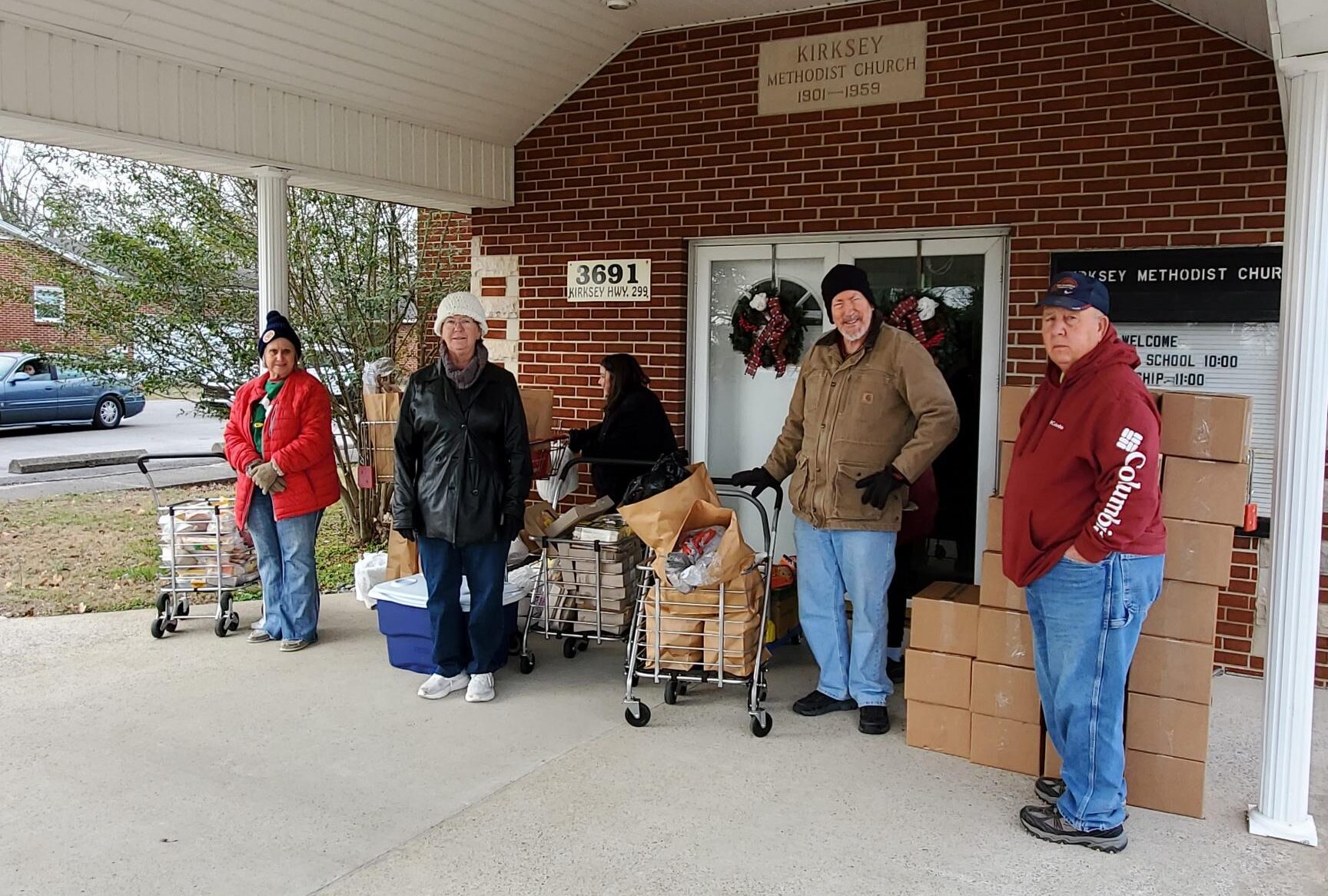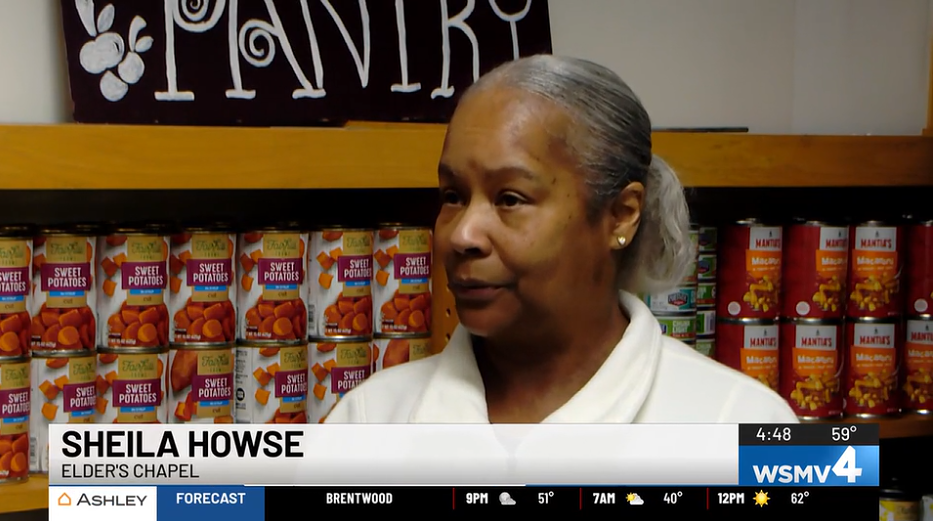I recently met with a local church Older Adult Ministry team. We discussed how the congregation could further its approach and direction in ministry by, with, and for older members. I asked the team members to identify which ministries were going well and which, if any, were not. Team members looked at each other. Silence. Then, the chair sheepishly stated, “We do not know. We’ve never evaluated any of our programs.”
Ministry was just happening in this church, kind of like throwing darts at a dart board and hoping one lands in the middle. There was no planning for ministry and no thought to evaluating what was happening.
Periodically, every church should review and evaluate its ministries with older adults. What’s working well and what’s not? Keep in mind it’s not always the number of people participating. Rather, it’s the difference the ministry is making in the lives of older adults who participate.
Reflecting on my meeting with the church team, the following questions came to mind. Each is intended to help church leaders and congregations evaluate their older adult ministry programs.
Is your church intentional in its older adult ministry?
Do you develop goals and objectives as criteria in planning a ministry that meets the needs of older adults? In other words, what are you trying to achieve or accomplish in older adult ministry? Every ministry program or activity should include a list of goals and objectives that help guide your planning and desired outcomes. Intentional planning ensures that your time, finances, and energy are spent on ministry that aligns with your goals rather than on busywork.
Does your church empower older adults for ministry?
Older adults want to feel valued, needed, and useful. No longer working or raising a family, older adults may feel that they have outlived their usefulness. What are the ways your church encourages and empowers older adults for ministry?
Is your church free of barriers for all participants?
Removing physical, social, institutional, and economic barriers is key so that older adults are better able to participate fully in the life and activities of the church. Think about not only physical accessibility needs like ramps and ADA-compliant restrooms, but also about the location and time you hold your activities.
Does your church reach out to older adults?
Church leaders are often heavily influenced about reaching out to children, youth, and young families that sometimes leaves older adults overlooked, ignored, or missed. Often, single older adults feel alone and left out of church activities when the church announces family activities. What are the ways your church reaches out to older adults and welcomes them into your congregation?
Are the challenges and concerns of aging included in your worship liturgy, newsletter articles, and sermon illustrations?
The joys, celebrations, fears, losses, and dreams of older adults should be included as an integral part of your church’s life, worship, and study. Does your church acknowledge rites of passage associated with aging, such as retirement, the birth of grandchildren/great-grandchildren, or moving to a new place of residence?
Does your church provide opportunities for the continuous faith formation and spiritual growth of older adults?
As we age, we experience many challenges, transitions, and losses. Sometimes we question our faith and our trust in God. When older adults see little interest directed at them by the church, they gradually lose their sense of being valued and respected, which dampens and diminishes their faith development. If, over the years, older adults have not developed a mature and growing faith, the challenges associated with aging and old age can become problematic.
Are there opportunities presented by your church for companionship and socialization of older adults?
A growing problem in our society is loneliness and social isolation. Through planned visits, activities, and events, older adults can receive affection, respect, recognition, stimulation, and feelings of self-worth. We are social beings, but as we age, oftentimes the social network of older adults begins to shrink. Congregations can help plan meaningful opportunities for social connection with older adults.
Are many of your church’s programs intergenerational?
Not every church has large numbers of multi-generations, but if yours does, find ways that children, youth, and older adults can understand and learn from one another. Older adults need interaction with, and stimulation from, other generations. Sometimes when church leaders announce that activities are for the church family, older adults believe that they are not included because church family seems to apply only to young families with children.
Is your church community-minded and ecumenical?
Older adults are encouraged to become familiar with the programs and services in their local community and social service agencies and, when possible, to be engaged in volunteer service. Your older adult ministry may be more enhanced if you work in collaboration with other churches and agencies in your community.
Does your church address concerns related to social policies and issues?
Are older adults informed about pending local, state, and federal policies, and other issues that may adversely affect their lives and the lives of other people and generations? Church leaders and older adults can form study groups, task forces, and/or committees, acting as advocates to help combat social, health, and economic problems related to the well-being of older adults.
I encourage you and your church ministry team to review these questions and to evaluate the effectiveness of intentional ministry by, with, and for older adults in your congregation. Evaluation of your older adult ministry should be a regular and ongoing process that leads to the success of your ministry.
Dr. Richard H Gentzler, Jr., DMin, is Director, Older Adult Ministry for ENCORE Ministry Foundation.



